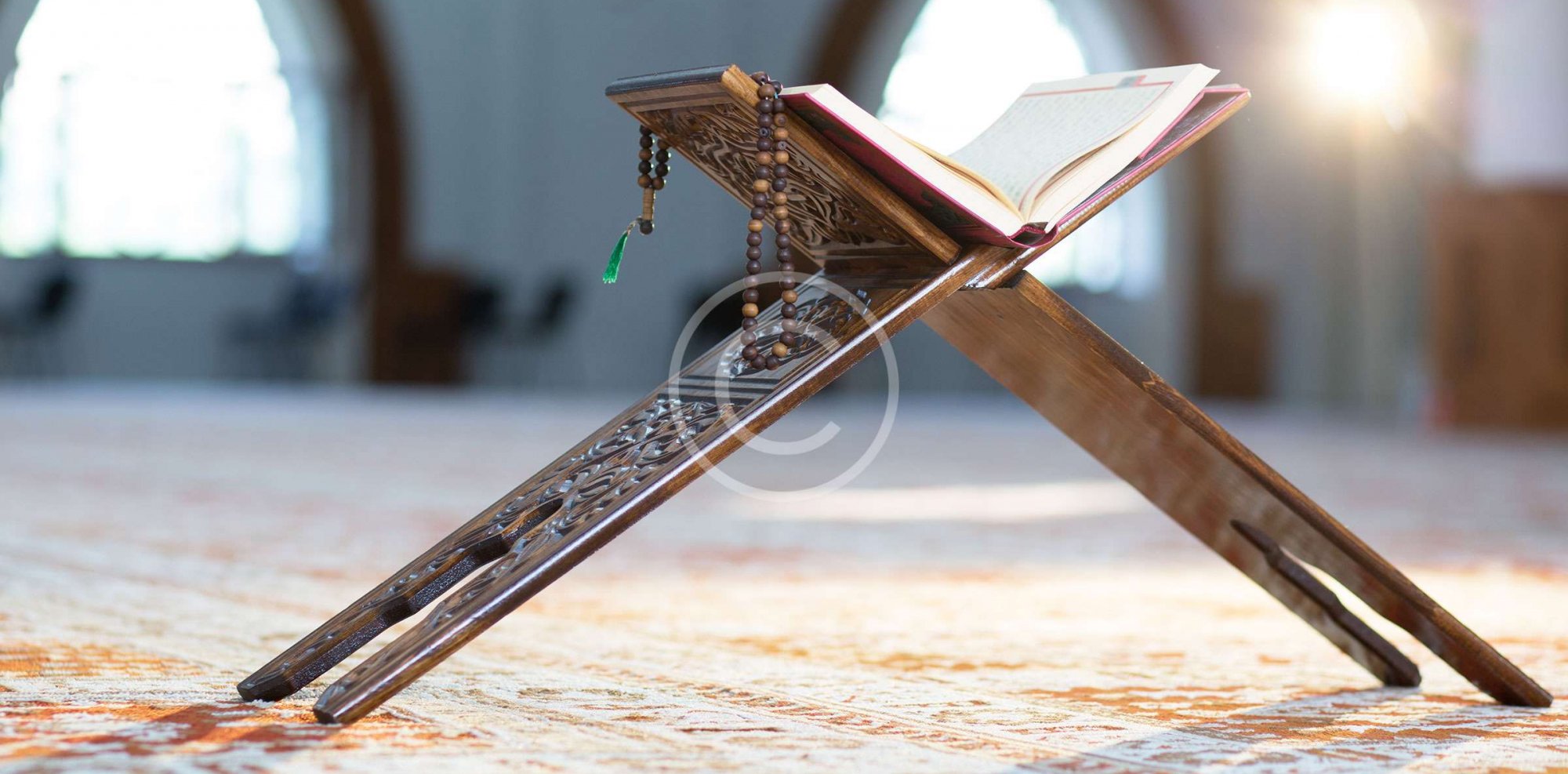
Islamic Funeral Ceremony
A Muslim funeral is known as a “Janazah” and is typically conducted within 24 hours of the deceased’s passing. If the death occurs unexpectedly, exceptions may be given.
Muslims commonly believe that the present life is a trial in preparation for the eternal life to come. According to the Quran, Muslims will only be allowed entry into Paradise, a form of heaven, if their good deeds in life outweigh the bad.
What happens before a Muslim funeral service?
According to Islamic law, the deceased should be buried as soon as possible.
Prior to a Muslim funeral, the body of the deceased must be washed (Ghusl) three times and shrouded (Kafan). Same-sex family members usually give Ghusl. However, some Muslim communities will allow the husband or wife of the deceased to take part in the preparations.
Once cleaned and prepared, the deceased is covered in a white sheet and is laid upon three large white sheets of material.
Before being transported to the mosque, the deceased is wrapped in the sheets and secured with ropes; one tied above the head, two tied around the body, and one tied below the feet. There is no viewing of the body before the funeral service.
What happens at a Muslim funeral service?
What happens at a Muslim funeral service is usually ruled by traditions of the Islamic faith. Family and friends of the deceased will gather in the prayer room, study room or courtyard of the mosque to perform Salat al-Janazah (funeral prayers). Every male must participate in the Salat-al-Janazah, but women may only participate if they are willing to do so. The final prayer is offered from the family and community to ask for forgiveness of the deceased.
The funeral service is led by an Imam (Islamic leader) and includes readings from the Quran. If you are of a different faith, you are encouraged to quietly listen to the readings and prayers.
What happens at a Muslim burial?
Following on from a Muslim funeral service, the deceased is taken to the cemetery for burial. Traditionally, only men are allowed to attend the burial, though some Muslim communities may allow women to attend.
The grave should be at right angles to the direction of Mecca, with the deceased placed on their right side facing the Islamic holy city. Wood and stones should be placed on top of the body to prevent direct contact between the person and the soil. All mourners will pour handfuls of earth on top of the grave, before it is filled in.
Due to religious beliefs, cremation is prohibited for Muslims.
Testimonials
“Aliquam eget nunc mi. Integer sodales lacus eu risus ornare viverra.Ut semper massa sed dolor congue vestibulum.”
“Aliquam eget nunc mi. Integer sodales lacus eu risus ornare viverra.Ut semper massa sed dolor congue vestibulum.”
“Aliquam eget nunc mi. Integer sodales lacus eu risus ornare viverra.Ut semper massa sed dolor congue vestibulum.”



